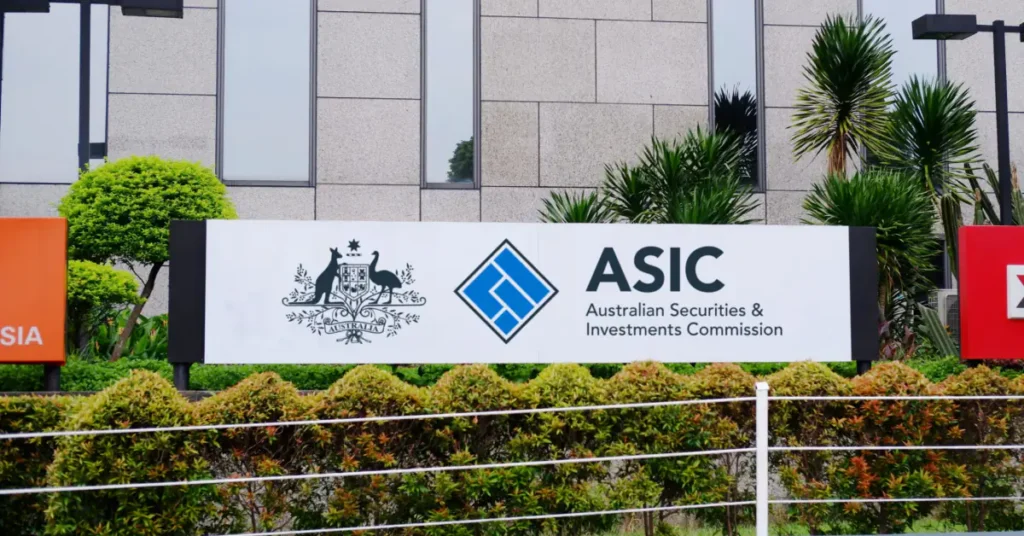ASIC Cancels Australian Financial Services Licence of Velos Global Markets


The Australian Securities and Investments Commission (ASIC) has officially cancelled the Australian financial services licence (AFS licence) of Velos Global Markets Pty Ltd (ACN 604 251 416). The cancellation took effect on 23 September 2025, marking the end of Velos’ authorization to provide financial services in Australia.
ASIC’s decision was made under section 915B(3) of the Corporations Act 2001 (Cth) later than the regulator determined that Velos had ceased carrying on a financial services business. According to the findings, the company had not been active in the financial services space since approximately May 2024. Velos has the right to appeal this decision to the Administrative Review Tribunal, which can review ASIC’s actions and potentially overturn or modify the outcome.
Velos Global Markets was first granted its AFS licence on 13 November 2017, operating under licence number 500701. The cancellation highlights ASIC’s continued enforcement of compliance obligations and its willingness to remove entities from the regulated landscape when they are no longer conducting business in line with their licence obligations.
Why ASIC Took Action
Under Australian law, entities holding an AFS licence are required to actively engage in financial services and comply with all obligations under the Corporations Act and associated regulations. The Corporations Act empowers ASIC to cancel licences where businesses are no longer providing services or fail to meet regulatory requirements. In the case of Velos, ASIC concluded the company had effectively exited the financial services market and had not been providing financial products or advice for over a year prior to the cancellation.
ASIC’s decision is consistent with its broader approach to ensuring the integrity of Australia’s financial system. When licensed entities become inactive, it creates regulatory uncertainty, and retaining inactive licences can undermine the trust and clarity required in financial services. By cancelling licences that are not in use, ASIC maintains the integrity of its licensing framework and ensures consumers and market participants have confidence that licensed entities are active and supervised.
Velos now has the option to challenge the cancellation before the Administrative Review Tribunal. If an appeal is lodged, the tribunal will assess whether ASIC’s decision was made lawfully and fairly, and whether the cancellation should be upheld or reversed.
Takeaway
Regulatory Context: Maintaining Market Integrity
The cancellation of Velos’ licence comes at a time when ASIC has been taking a more proactive stance on compliance and enforcement across the financial services industry. Australia’s is designed to ensure that entities engaging in financial services are competent, adequately resourced, and subject to oversight. Businesses are expected to operate consistently with the obligations tied to their licences, including maintaining financial services activity, adhering to disclosure requirements, and upholding consumer protections.
When companies become dormant, the risk is that licences could be misused, misrepresented, or create confusion among clients and counterparties. For this reason, ASIC routinely reviews the activity levels of licence holders and acts when businesses no longer meet the necessary conditions. Velos’ case is a straightforward example of ASIC exercising its powers where a licenview no longer engages in financial services at all.
This development also underscores ASIC’s focus on transparency and accountability. Public announcements of licence cancellations are intended to inform the market and protect potential clients from engaging with entities no longer authorised to .
Takeaway
Implications for the Industry
While the case of Velos Global Markets appears to stem from inactivity rather than misconduct, it sends a clear message to the wider industry. Licence holders cannot simply retain regulatory status without carrying on a . Firms that stop operating in practice must either surrender their licences voluntarily or risk regulatory action.
The cancellation is also a reminder to businesses and compliance teams about the importance of regulatory readiness. ASIC has shown a willingness to cancel licences not only for misconduct but also for inactivity, demonstrating that ongoing engagement and transparency with the regulator are essential parts of maintaining a licence. For firms that may be winding down or shifting their business models, proactive communication with ASIC is a crucial step in ensuring compliance and avoiding sanctions.
For market participants, the cancellation of Velos’ licence provides assurance that ASIC continues to monitor the industry closely and enforce the boundaries of its licensing regime. This oversight assists preserve confidence in Australia’s financial system by ensuring that only genuine, active businesses are permitted to umbrella.







